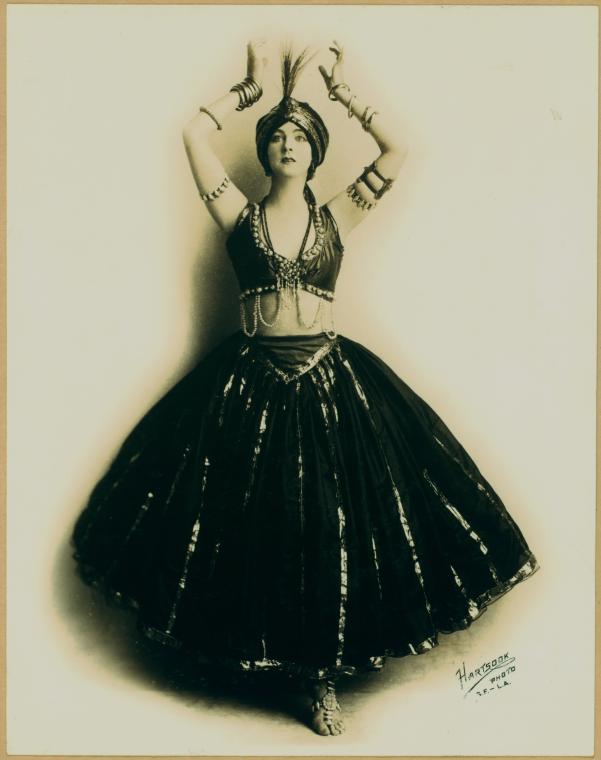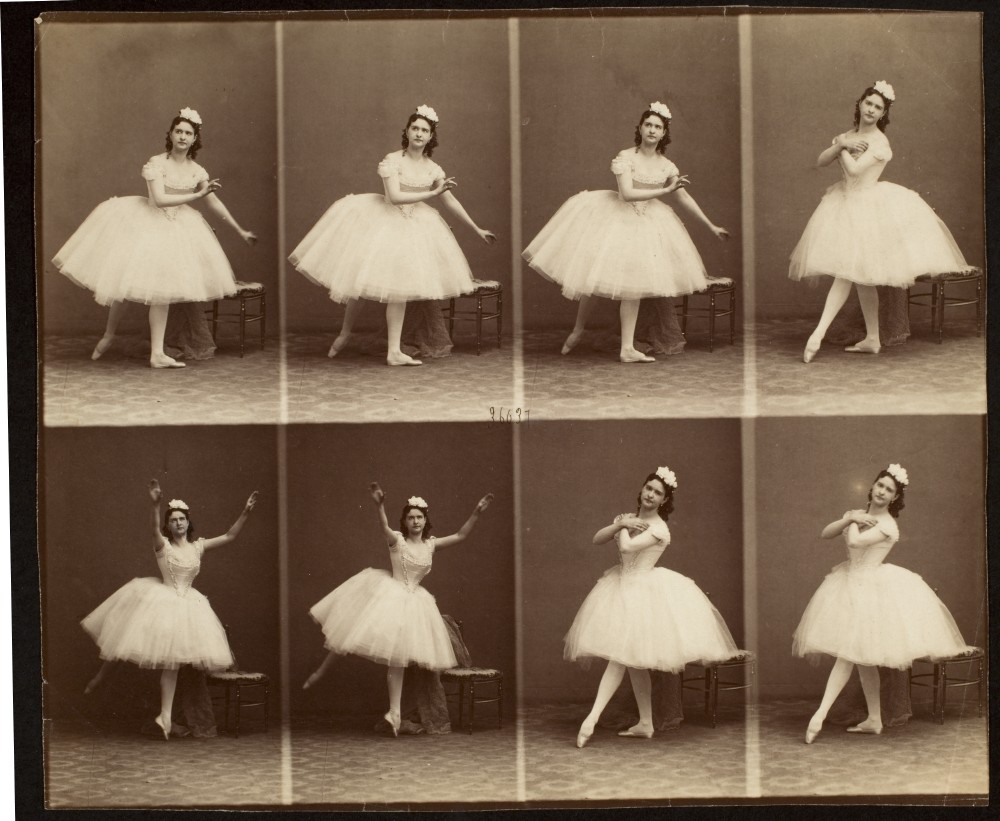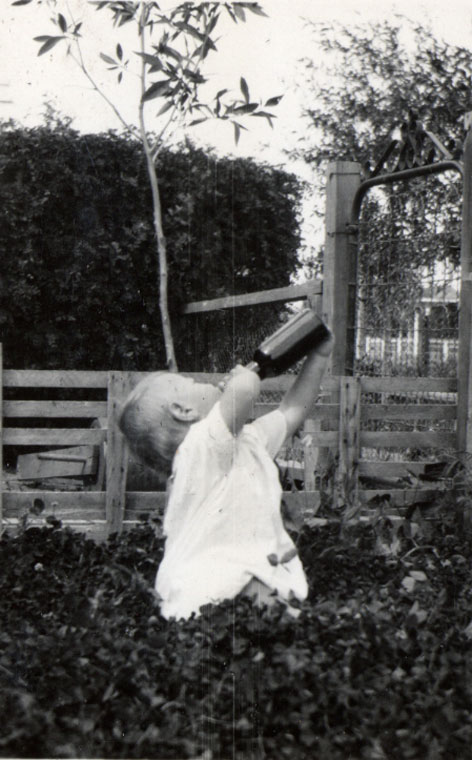 |
| Ruth St. Denis, New York Public Library |
At the time, I had very little dance experience: I'd done the requisite tap and ballet classes as a child, and then performed on the colorguard in high school but I'd always had a hard time keeping up with almost everyone, was chastised for my claw hands and inability to do a hip circle, and forget school dances! I always tried to hide in a crowd of friends because I had no idea what to do on the dance floor.
My first ever bellydance class was an advanced one--I can't really remember how I ended up in it, but I do remember how hard it was to keep up. Even though I'd studied some of the basic moves using Youtube videos, I still couldn't make my body do what I asked of it. And yet, for some unknown reason, I kept going back.
I kept going back even though I was asked to perform a scant five weeks later, and I kept going back even though a 3/4 shimmy remained a completely foreign concept to me, and asking me to move my hips in conjunction with my arms was like asking me to move a mountain. But I faithfully went to class twice a week and became so enamored with bellydance that when I moved back home and away from Pacific Grove less than a year after my first class, one of the first things I did in my new place was find a bellydance teacher.
Everything I am today stems from that first bellydance class I took. I have danced on stages when I was so terrified I couldn't feel my legs and kept smiling, I have met women and men I've admired from afar and discovered that they are no different than I am, I have made amazing new dance friends, and I have stopped being so afraid of being myself. This year alone, I am doing things that I would have never imagined myself doing, and because of my desire to be a better dancer I am in the best shape of my life. Bellydance has so changed who I am that one day a few months ago, I was driving home from the bellydance classes that I now teach (who'd have thought I'd be teaching?) and realized that, at that very moment, I had never been happier before in my life.
So, for the space I have to dance on, the music I have to dance to, my teachers and my ancestors, and most of all, all the dancers I have to dance with: thank you for the last five years, and here's to five times many more!

